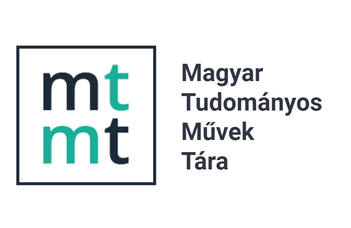LINGUISTIC CONDITIONS OF ACCESS TO LAW AND FAIR PROCESS
Kulcsszavak:
ordinary language of lay participants, technical legal language of professionals, common language, technical languageAbsztrakt
The following paper is to report a research stream, flowing for nearly two decades at the University of Miskolc. The questions to be answered were raised by two, partly empirical, research projects run by our research group, consisting of lawyers and linguists. The first stage of our research was entitled ‘Language use in legal procedures: language translation and the nature of fact in the process of establishing legal statements of facts’ and run between 2000 and 2003. Its main task was to examine the requirement that laymen shall not get into subordinated position during the legal procedures just because they do not fully understand the language professionals use during that procedure. The research drew attention to the fact that laymen’s opportunity to understand what is going on and what is happening to them during legal procedures is limited because of the gap between the codes of everyday and legal languages. Justification of this claim was served by recordings of police interrogations, court hearings and other procedural acts, together with interviews and questionnaires made with the lay and professional participants of the procedures.The second research, entitled ‘Linguistic Aspects of Fair Trial: The Impact of Legal Language on the Fulfillment of Access to Justice’, proceeding with the first, has come to its end in September 2018. It was planned, in part, to continue the previous research referred to, and, in part, to open new directions of research with a (partly) new research personnel background (lawyers, linguists, and experts in informatics to act in cooperation as researchers).




